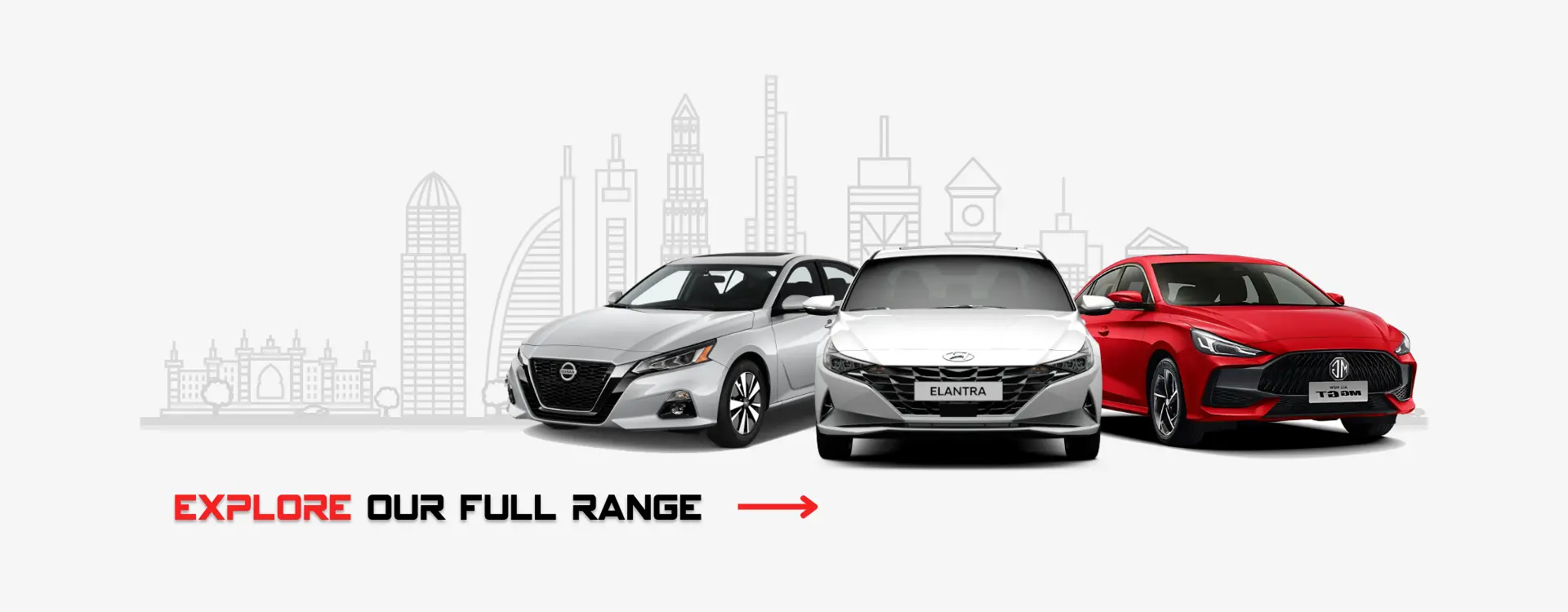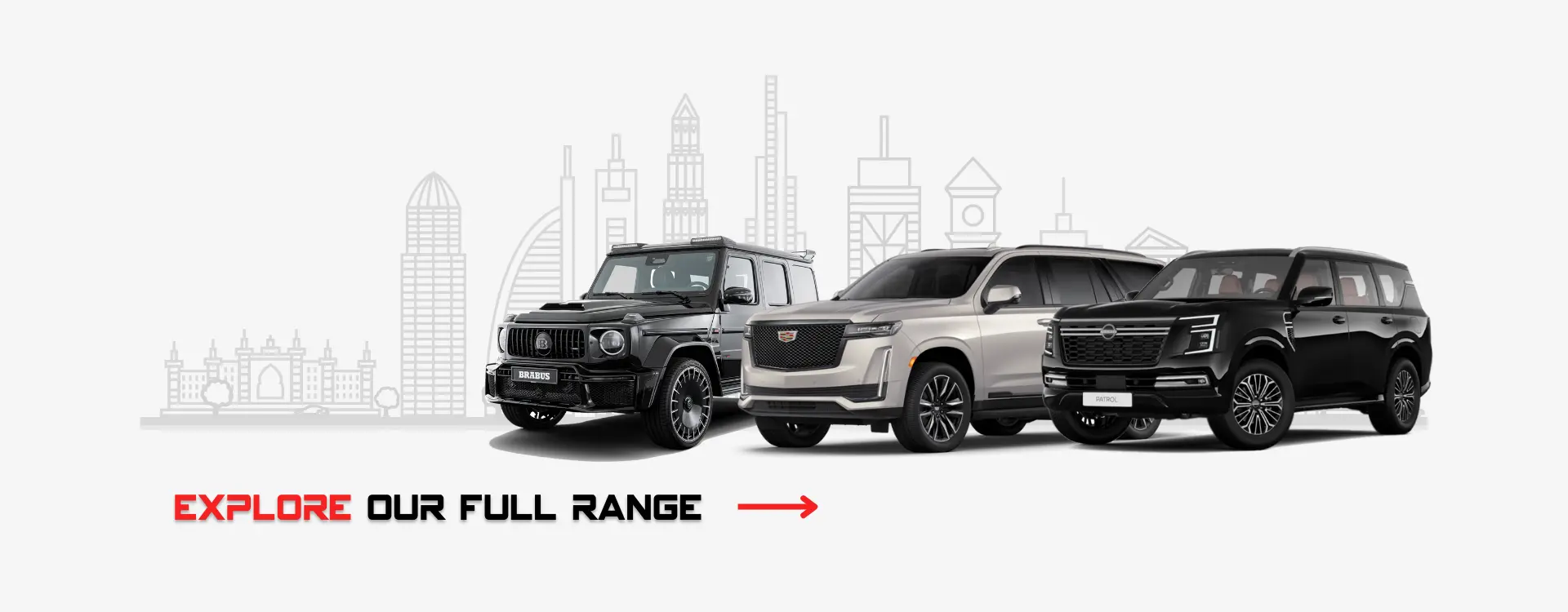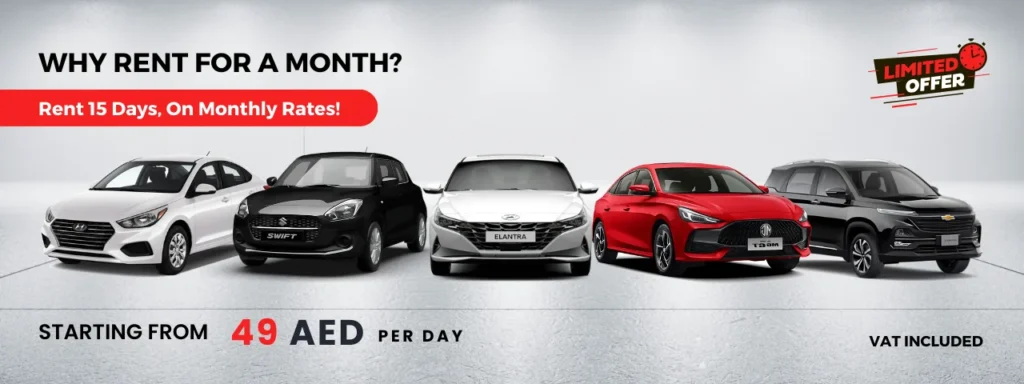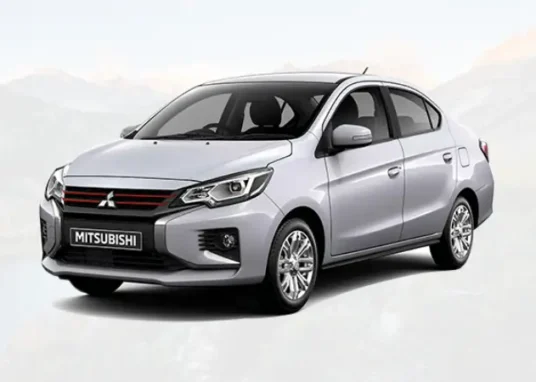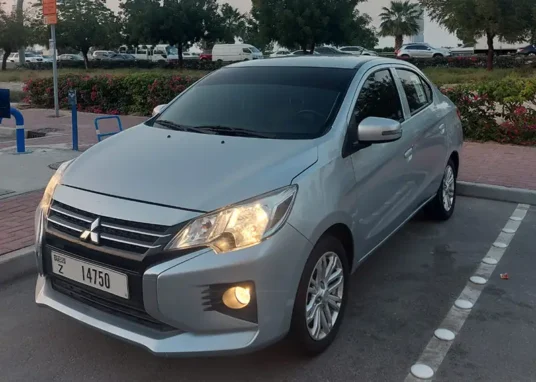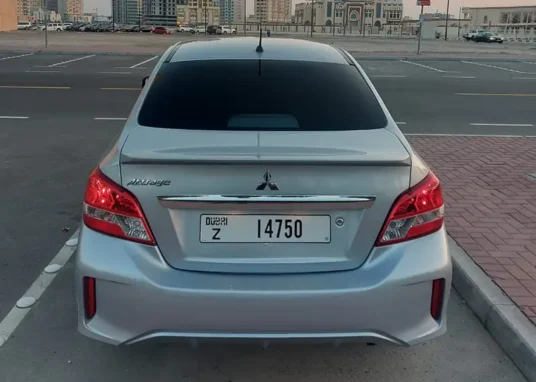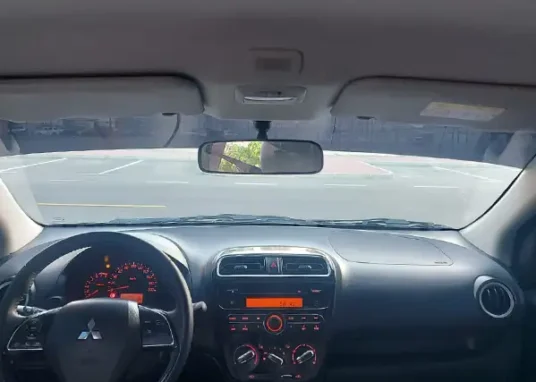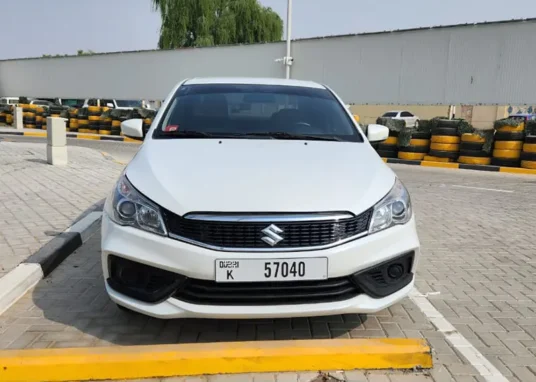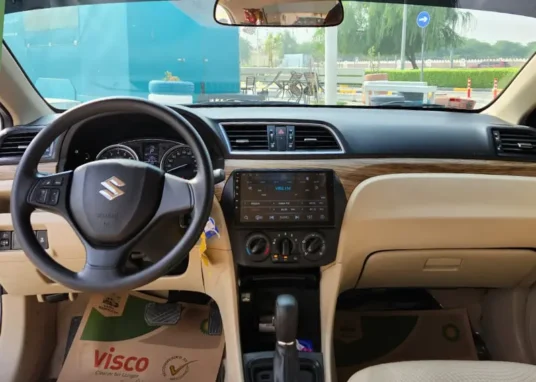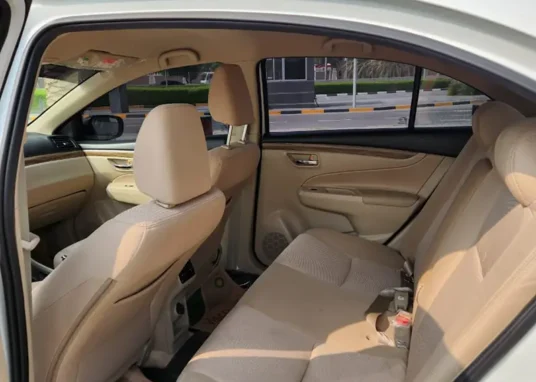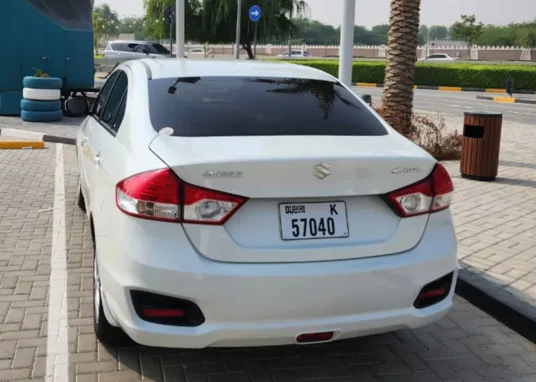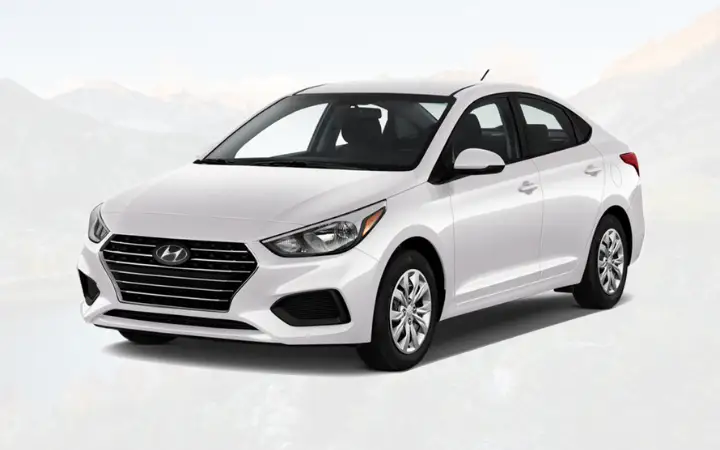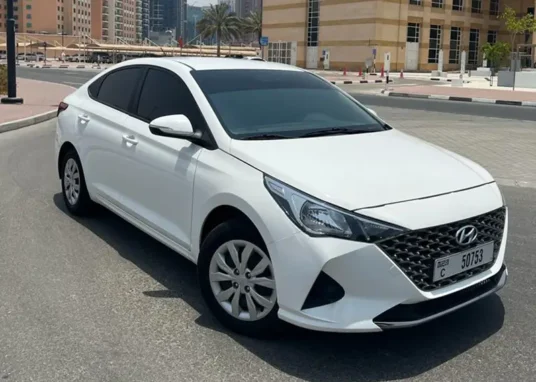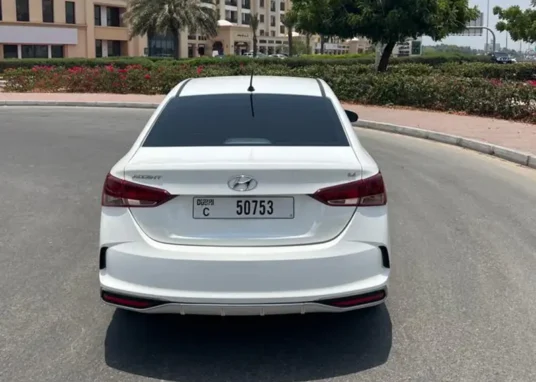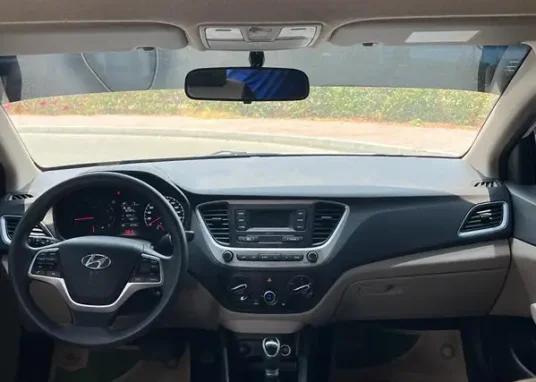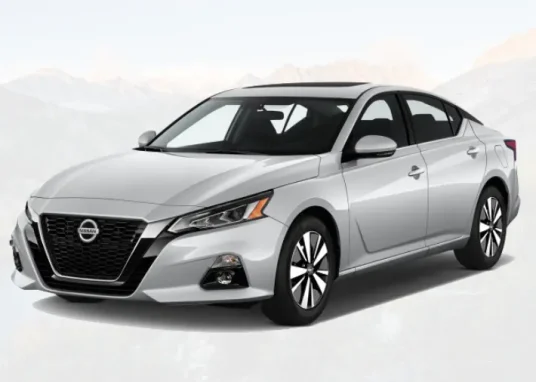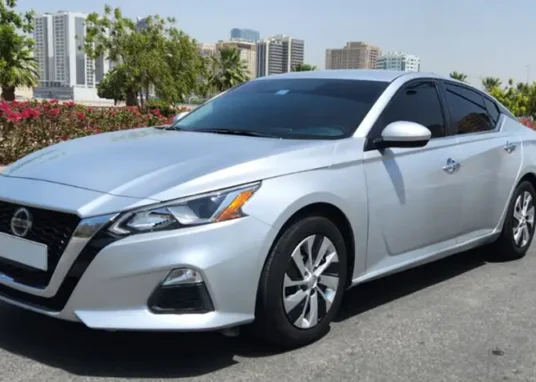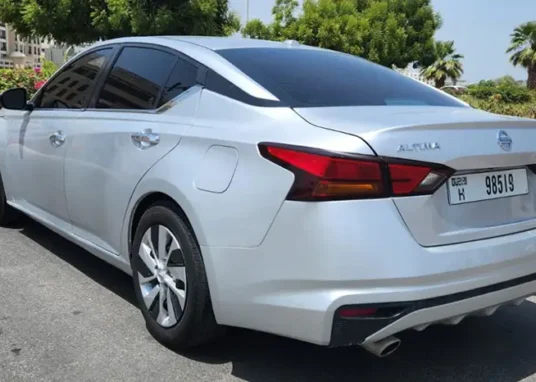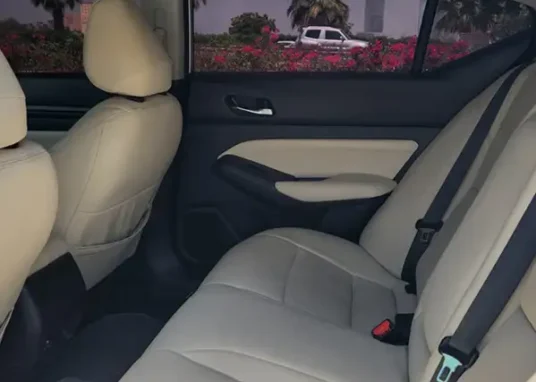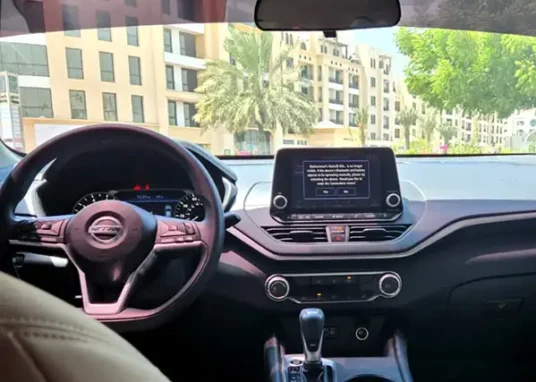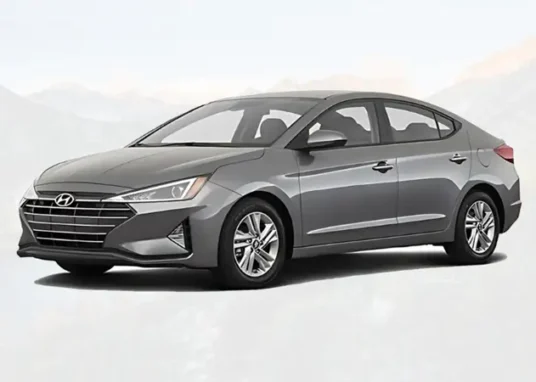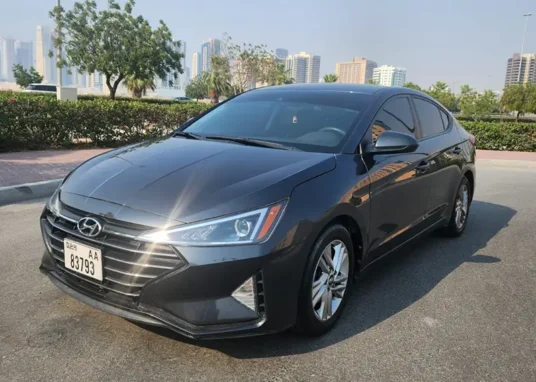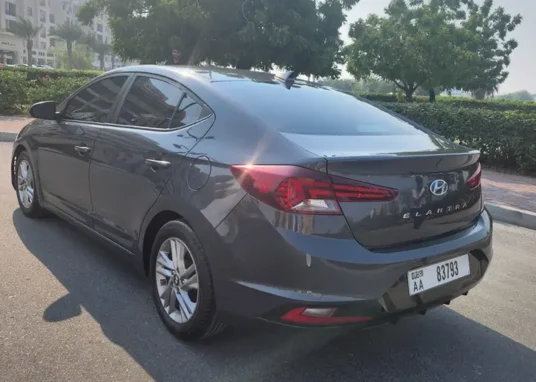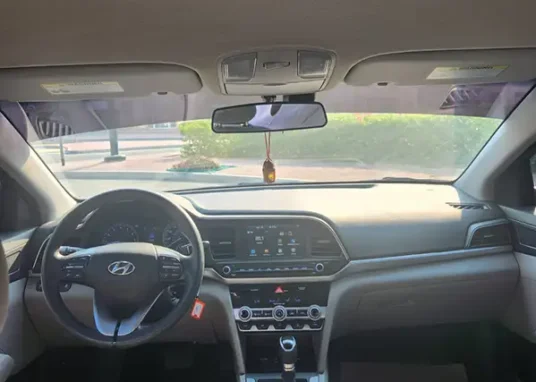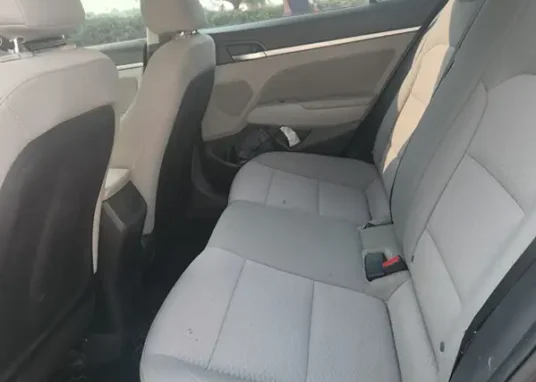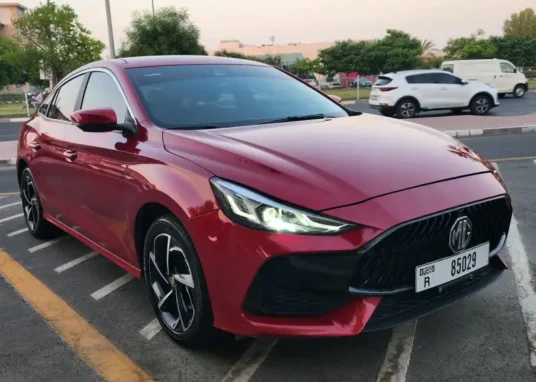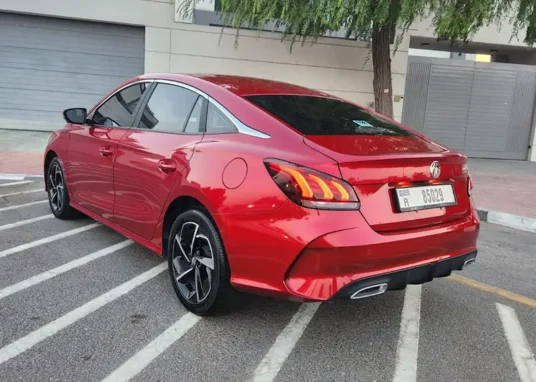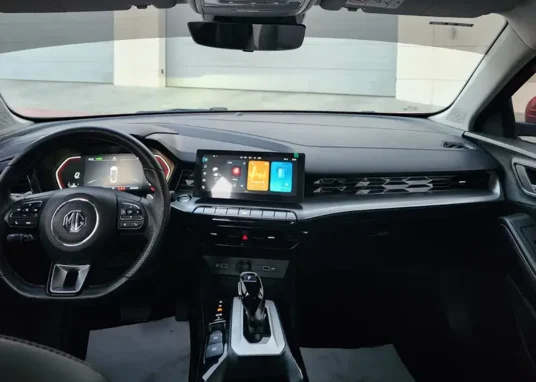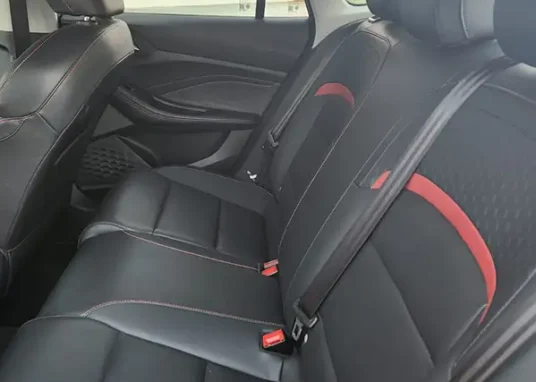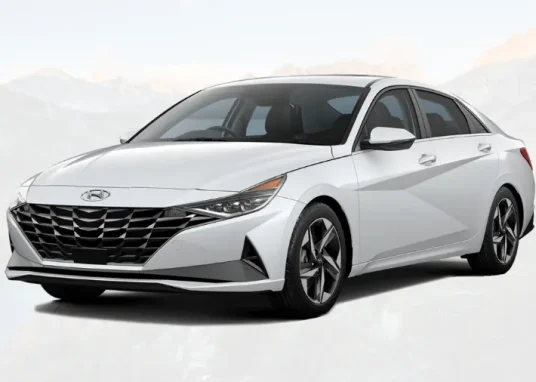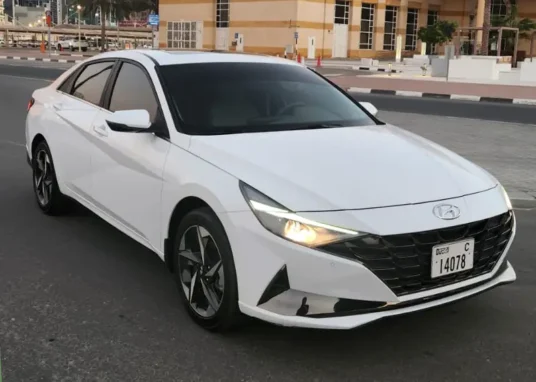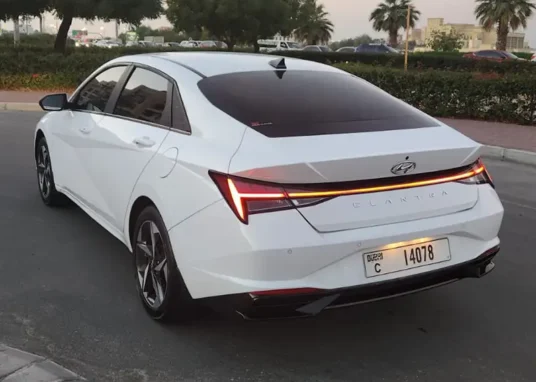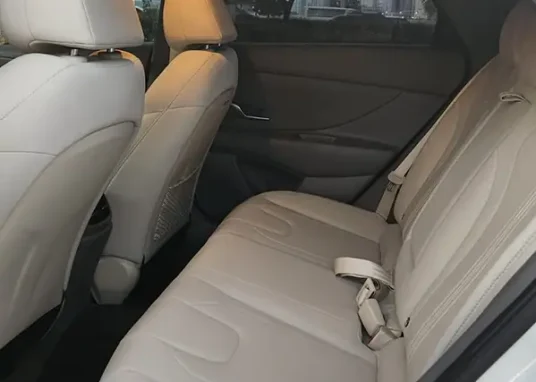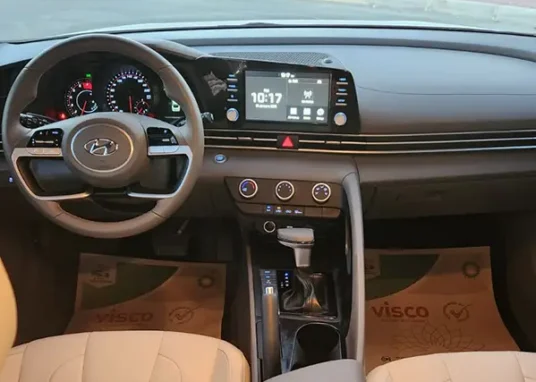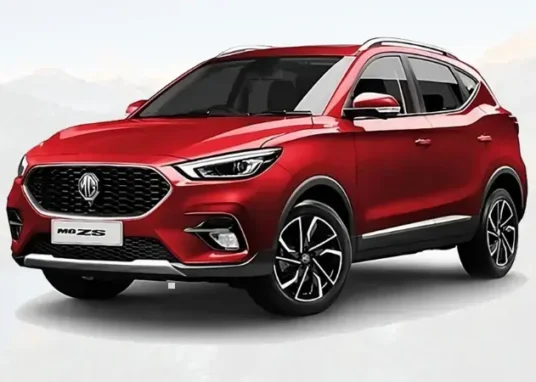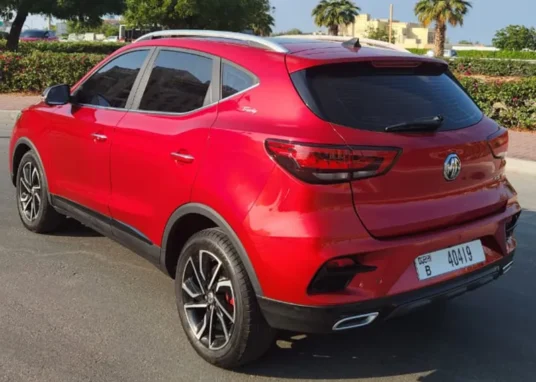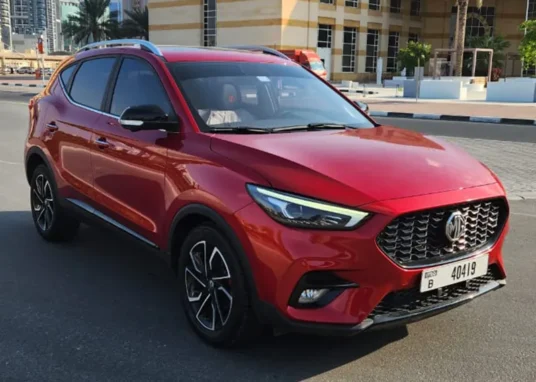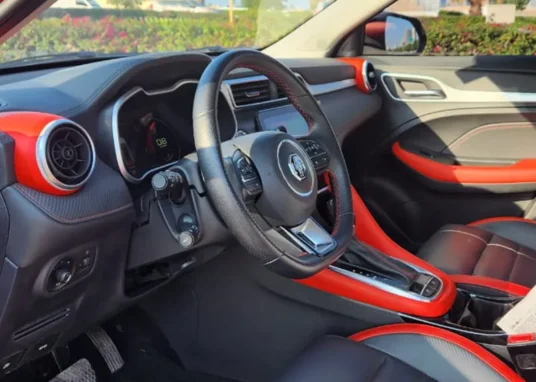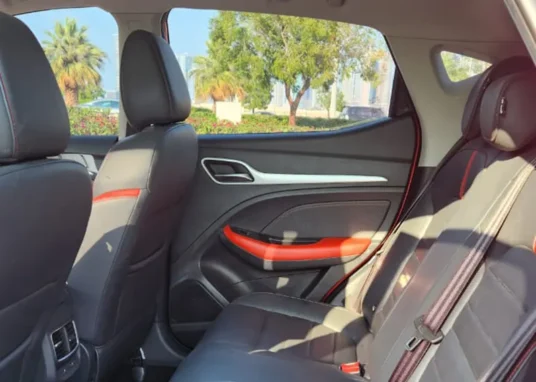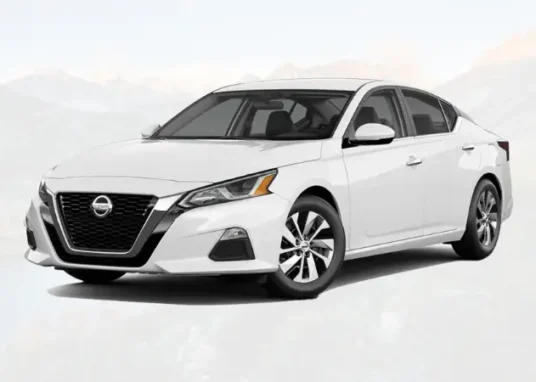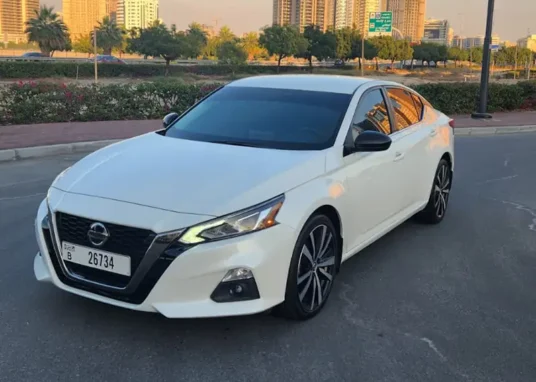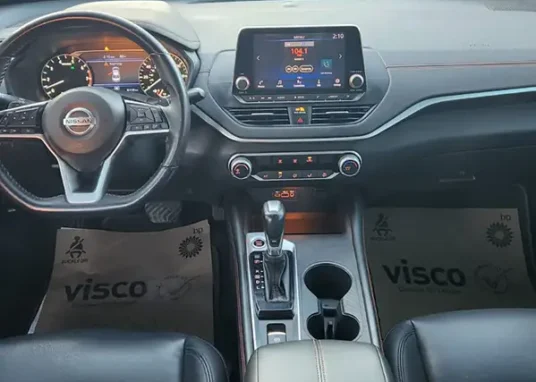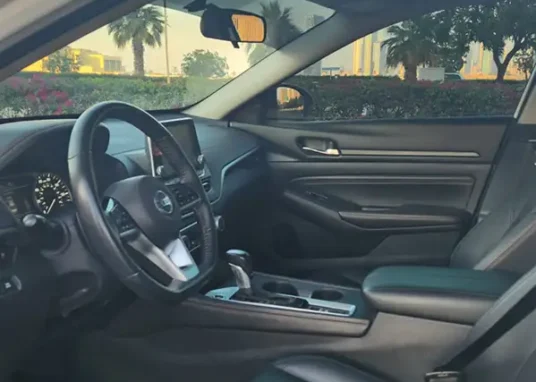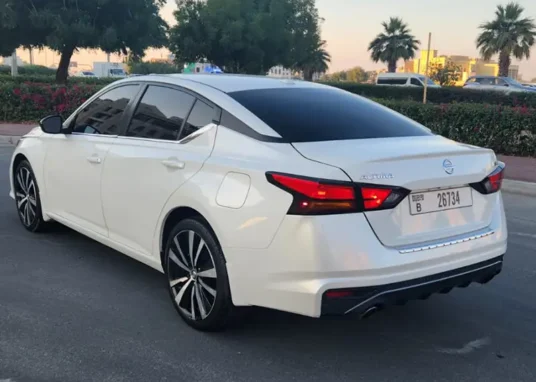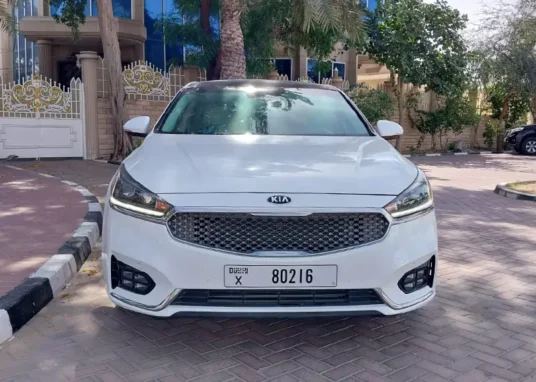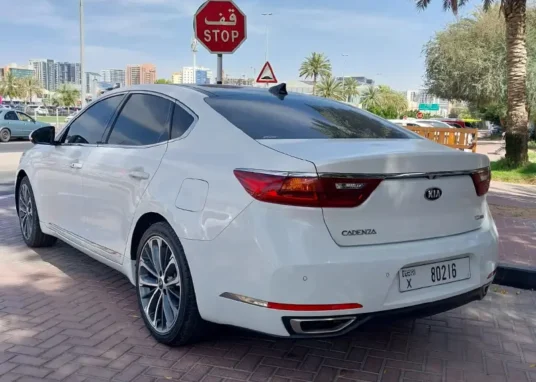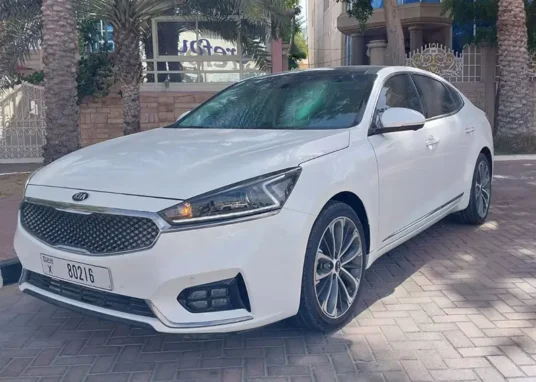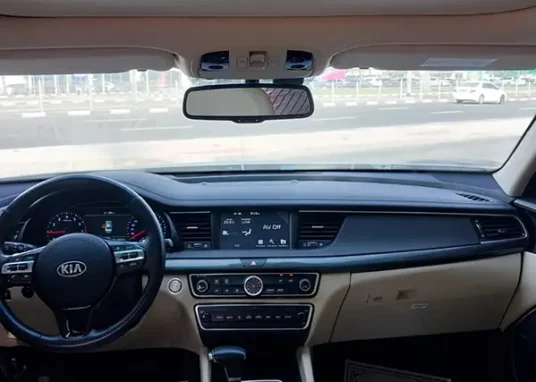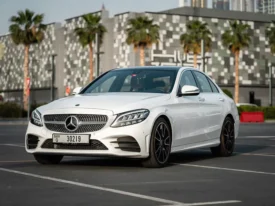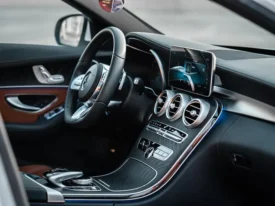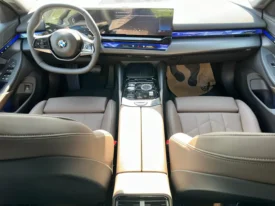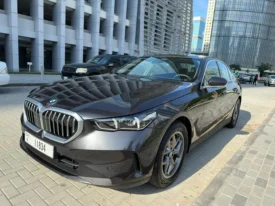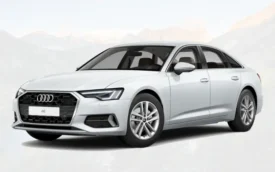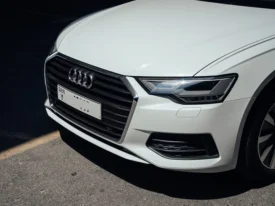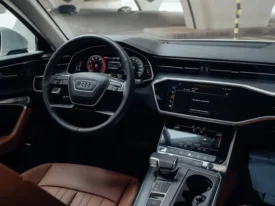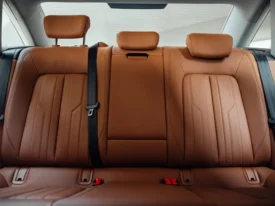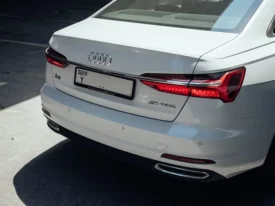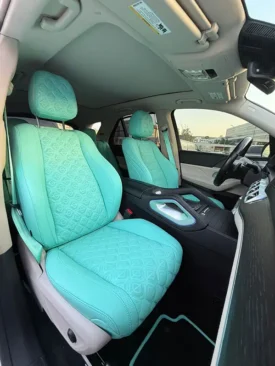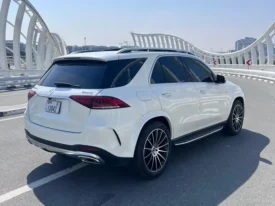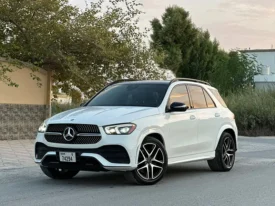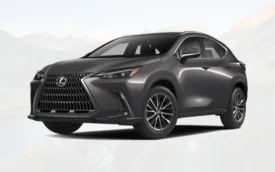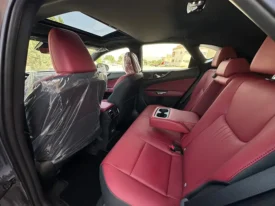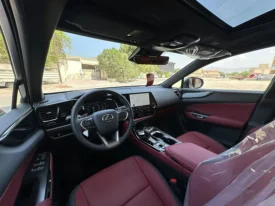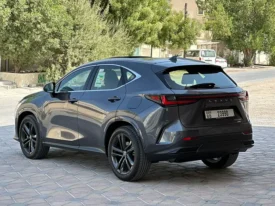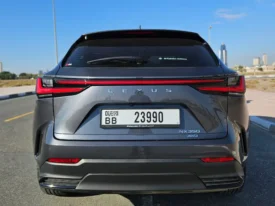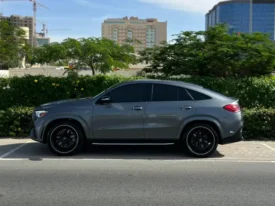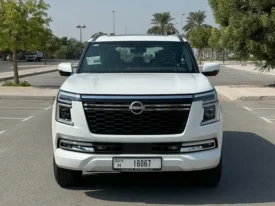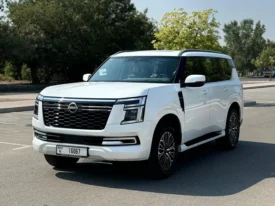Call or WhatsApp
+971 50 9115001
Our Car Rental Promotion 20% off
Search Your Dream Car
WHY YOU
CHOOSE US?



WHY YOU
CHOOSE US?
Convenience & Comfort
The ease of having a car available for use any time you need it, without having to deal with the headaches of car ownership, maintenance, and insurance.
Economical
If you only need a car for occasional or temporary purposes, renting one can be more affordable than buying one.
Maintenance Concerns
Rent a vehicle eliminates the need to worry about maintaining, servicing, and other concerns associated with vehicle ownership.
Availability
Renting a car is simple because car rental agencies are frequently found in train stations, airports, and other convenient places.
Variety of Cars
Rental services frequently offer a diverse range of cars, ranging from economy cars, luxury vehicles, SUVs, and further, enabling to choose the best automobile for your requirements and budget.
Convenience & Comfort
The ease of having a car available for use any time you need it, without having to deal with the headaches of car ownership, maintenance, and insurance.
Economical
If you only need a car for occasional or temporary purposes, renting one can be more affordable than buying one.
Maintenance Concerns
Rent a vehicle eliminates the need to worry about maintaining, servicing, and other concerns associated with vehicle ownership.
Availability
Renting a car is simple because car rental agencies are frequently found in train stations, airports, and other convenient places.
Variety of Cars
Rental services frequently offer a diverse range of cars, ranging from economy cars, luxury vehicles, SUVs, and further, enabling to choose the best automobile for your requirements and budget.
OVER 10 YEARS WE RENTED
CARS RENTED
CARS AVAILABLE
REVIEWS
VISITORS PER DAY
DOCUMENT REQUIRED TO HIRE A CAR IN DUBAI
When reserving a rent a car service, it is essential to have the required paperwork in order to guarantee that you will have the chance to see the stunning towns of the United Arab Emirates. We provide a simple and easy booking process that you may start simply completing the necessary paperwork. In order for you to have a flawless experience and travel with ease, we kindly ask that you submit the required paperwork during the booking process, Feel free to contact us.
FOR CITIZEN OF THE UNITED ARAB EMIRATES
- Copy of passport
- A current UAE driver’s license
- A copy of the Emirates ID

FOR VISITORS OF THE UNITED ARAB EMIRATES
- Copy of passport
- A legitimate driver’s license from abroad
- Copy of Visit Visa or Stamped Visa

NOTE: When on a visit visa, visitors from European and GCC countries are permitted to drive using their national driver’s license.
Ticket Prices and Zones
Dubai’s parking zones are primarily categorized into commercial, non-commercial, and special areas, each with specific ticket prices. The rates can vary significantly depending on the zone, with commercial areas generally having higher fees due to their proximity to business districts and high-demand locations. Parking tickets can be purchased from designated parking meters or through smart apps specifically developed for this purpose, offering convenience and ease of use. The cost of parking tickets starts from a few dirhams for an hour, with the option to purchase multiple hours if needed. Some zones offer free parking during certain hours, typically at night or on weekends, but it’s essential to check the specific rules for each area.
Salik Gates in Dubai
- Al Garhoud Bridge
- Al Mamzar South
- Al Mamzar North
- Al Safa
- Al Barsha
- Al Maktoum
- Airport Tunnel Gate
- Jabel Ali








FAQs
What does comprehensive insurance cover in car rental?
Comprehensive insurance generally covers damages due to accidents, theft, fire, and natural disasters. If it’s not your fault, you typically won’t need to pay for repairs. If it’s your fault, you may be responsible for part of the cost.
What documents do I need to rent a car?
Typically, you’ll need a valid driver’s license, an ID card, Sometimes may require additional ID or an international driver’s permit if you’re a foreign renter.
What should I do if I have an accident in a rental car?
If you’re in an accident, contact local authorities first, then inform the rental company as soon as possible. They’ll guide you through the next steps.
What happens if I return the car late?
Most rental companies offer a grace period, but if you’re significantly late, you may be charged for an additional day or incur a late fee.
Is there a security deposit required, and when is it refunded?
Yes, we require a security deposit at the time of rental, which serves as a security measure for any fines or damages. This deposit is fully refundable after 22 days from the car return date, provided there are no outstanding fines or issues.
What is the minimum age requirement for renting a car?
Most car rental companies require drivers to be at least 21 years old, although some allow rentals for those as young as 18, often with an additional fee for younger drivers
Can I add an additional driver to my rental?
Yes, most companies allow you to add additional drivers, but they must meet the same age and licensing requirements. Additional fees may apply.
Is there a mileage limit on my rental car?
Some rentals offer unlimited mileage, while others have a daily mileage cap. Check your rental agreement for specific details.
Do you offer child car seats or GPS units?
Most companies offer additional options like child seats, GPS devices, and more for an extra charge. Be sure to reserve these in advance.


